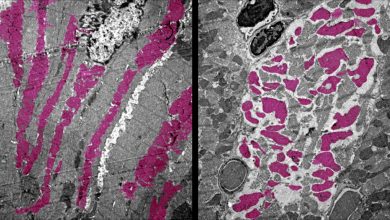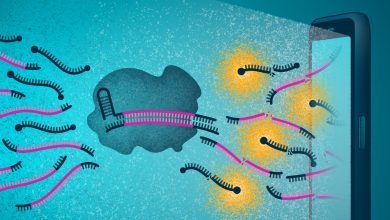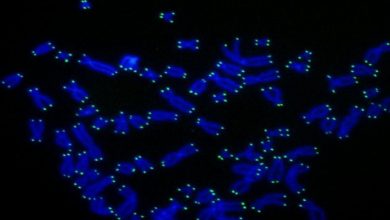
A ketogenic diet is composed of high fat, low carbohydrates and adequate protein diet for weight loss. According to the recent study, the Ketogenic diet which is mainly for weight loss, in its early stage can increase type 2 diabetes risk.
The ketogenic diet is considered to improve health coupled with weight loss. But this latest research questions the reciprocation of the ketogenic diet with health.
The major cause of diabetes is irregulation of insulin. Inulin is the hormone whose function is to control blood sugar level by signaling liver to stop sugar production.
If the body does not use insulin properly, which is also called insulin resistance, the sugar level in the blood increase.
During their study, researchers found that the ketogenic diet impairs the insulin system which leads to insulin resistance, as well as blood sugar level, is not controlled properly. This resistance of liver toward insulin signaling can increase the risk of type 2 diabetes.
In the laboratory, researchers fed mice with two different diets i.e. high-fat diet and ketogenic diet to analyze the effect of internal sugar production (mostly the liver), and sugar uptake into tissues (mostly the muscle), during insulin action.
It is important to note that the research did not analyze whether the diet employed causes obesity if given long-term. The mechanism behind the whole process was undetermined; therefore, the existence of a shared physiological response between low carb and regular carb high-fat diets that cause insulin resistance in the liver requires further exploration.
Christian Wolfrum, one of the corresponding authors of the paper said ‘Diabetes is one of the biggest health issues we face. Although ketogenic diets are known to be healthy, our findings indicate that there may be an increased risk of insulin resistance with this type of diet that may lead to Type 2 diabetes. The next step is to try to identify the mechanism for this effect and to address whether this is a physiological adaptation. Our hypothesis is that when fatty acids are metabolized, their products might have important signaling roles to play in the brain.’






